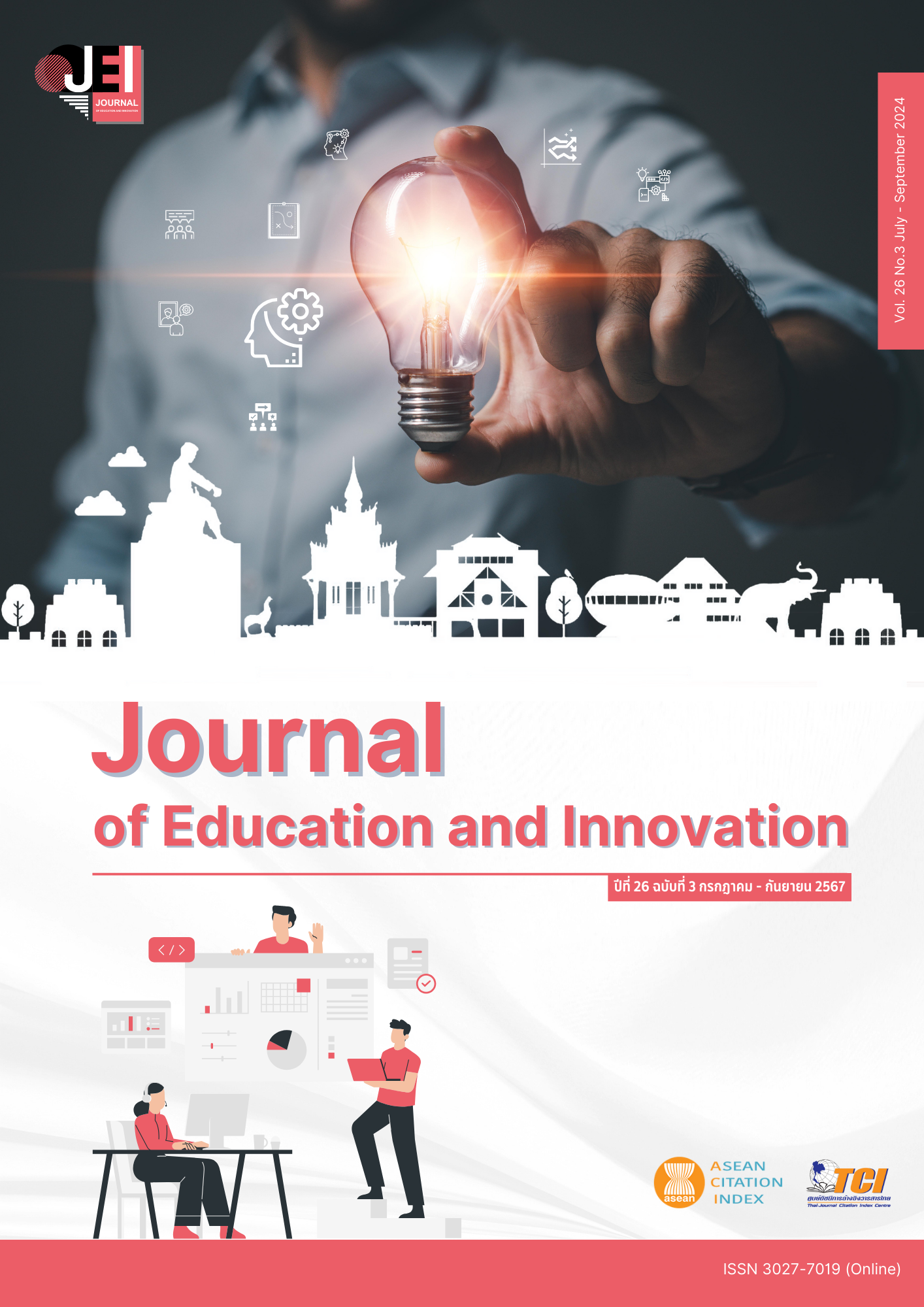OUT-OF-FIELD TEACHING: ENGLISH TEACHERS’ EXPERIENCES AND PRACTICES
Main Article Content
Abstract
The quality of teachers is a contributing factor to success in any educational endeavor. It is therefore important to address specific concerns and provide appropriate professional development support, especially to teachers who are given teaching assignments outside of their field of specialization. This phenomenon is observed especially for those teaching in senior high school during the onset of the K to 12 curriculum implementation adding two years (senior high school) of basic education in the country. This study explores the out-of-field teaching experiences and practices of senior high school English teachers in selected public schools in Cebu province. This qualitative research utilized in-depth interviews in generating themes and describing the meaning of the experiences through the lenses of English teachers. The findings of the study highlighted their experiences in handling subjects outside their area of specialization; their teaching practices to cope with the lack of skills, strategies and content knowledge to handle these subjects; and the professional development learning activities afforded to them. Understanding the meaning of these experiences would help administrators effectively manage out-of-field teaching situations and provide relevant support strategies for these teachers. Moreover, district, division and regional personnel may consider the diverse out-of-field teachers’ learning needs in general while developing professional development programs.
Article Details

This work is licensed under a Creative Commons Attribution-NonCommercial-NoDerivatives 4.0 International License.
The owner of the article does not copy or violate any of its copyright. If any copyright infringement occurs or prosecution, in any case, the Editorial Board is not involved in all the rights to the owner of the article to be performed.
References
Bacus, R. C., & Alda, R. C. (2022). Senior high school teaching: A phenomenological inquiry. Malaysian Journal of Learning & Instruction, 19(1), 242-276 https://doi.org/10.32890/mjli2022.19.1.9
Braun, V., & Clarke, V. (2006). Using thematic analysis in psychology. Qualitative Research in Psychology, 3(2), 77–101. https://doi.org/10.1191/1478088706qp063oa
Creswell, J., (3rd ed.) (2009). Research design: qualitative, quantitative, and mixed methods approaches. Thousand Oaks, CA: Sage Publications.
Darling-Hammond, L., Hyler, M. E., & Gardner, M. (2017). Effective teacher professional development. Learning Policy Institute: Research Brief. Retrieved from https://learningpolicyinstitute.org/product/teacher-prof-dev
Du Plessis, A. E. (2015). Effective education: Conceptualizing the meaning of out- of-field teaching practices for teachers, teacher quality and school leaders. International Journal of Educational Research, 72, 89 – 102. https://doi.org/10.1016/j.ijer.2015.05.005
Du Plessis, A. E. (2020). The lived experience of out-of-field stem teachers: a quandary for strategising quality teaching in stem? Research in Science Education, 50(1). DOI: 10.1007/s11165-018-9740-9
Grossman, P. (1990). The making of a teacher. Teacher knowledge and teacher education. New York: Teachers College Press.
Hobbs, L. (2013). Teaching ‘out-of-field’ as a boundary-crossing event: Factors shaping teacher identity. International Journal of Science and Mathematics. Education, 11, 271–297. https://doi.org/10.1007/s10763-012-9333-4
Hobbs, L., & Porsch, R. (2021). Teaching out-of-field: challenges for teacher education. European Journal of Teacher Education, 44(5), 601-610. DOI: 10.1080/02619768.2021.1985280
Ingersoll, R. M. (1999). The problem of underqualified teachers in American secondary schools. Educational Researcher, 28(2), 26 – 37. https://repository.upenn.edu/cgi/viewcontent.cgi?article=1139&context=gse_pubs
Ingersoll, R. M. (2002). The teacher shortage: A case of wrong diagnosis and wrong prescription. NASSP Bulletin, 86(631), 16–30. https://doi.org/10.1177%2F019263650208663103
Krause, S., Waters, C., Stuart, W. J., Judson, E., Ankeny, C. J., & Smith, B. B. (2016). Effect of contextualization of content and concepts on students' course relevance and value in introductory materials classes. In 2016 ASEE Annual Conference and Exposition (Vol. 2016-June). American Society for Engineering Education.
Prince, G., & O’Connor, M. (2018). Crunching the numbers on out-of-field teaching. Occasional Paper 1. Carlton: AMSI. Retrieved September 1, 2021, from https://amsi.org.au/media/AMSI-Occasional-Paper-Out-of-Field-Maths-Teaching.pdf
Shepherd, D. L. (2013). The impact of teacher subject knowledge on learner performance in South Africa: A within-pupil across-subject approach. Retrieved from http://www.iwaee.org/papers%20sito%202013/Shepherd.pdf
Seidman, I. (2006) Interviewing as qualitative research: A guide for researchers in education and the social sciences. New York: Teachers College Press.
Seastorm, M. M., Gruber, K. J., Henke, R., McGrath, D. J., & Cohen, B. (2002). Qualifications of the public-school teacher workforce: Prevalence of out-of-field teaching, 1987-88 to 1999-2000. Retrieved from https://files.eric.ed.gov/fulltext/ED468740.pdf
Talingting, J. C. (2019). Teachers' performance and experiences in handling out-of-field subjects. Ascendens Asia Journal of Multidisciplinary Research, 3(2I). Retrieved from https://ojs.aaresearchindex.com/index.php/AAJMRA/article/view/7088


